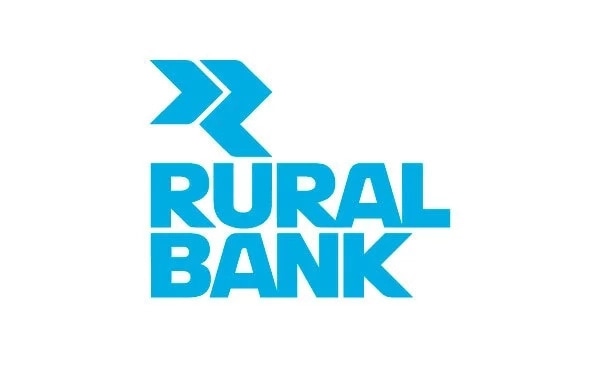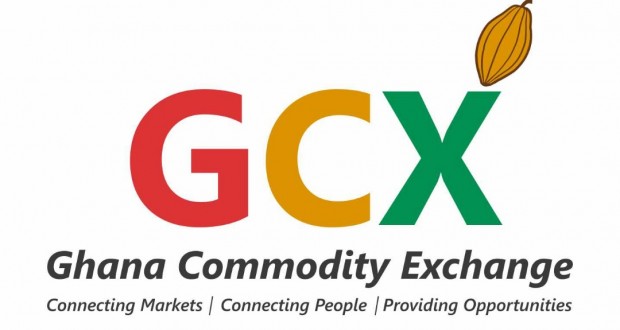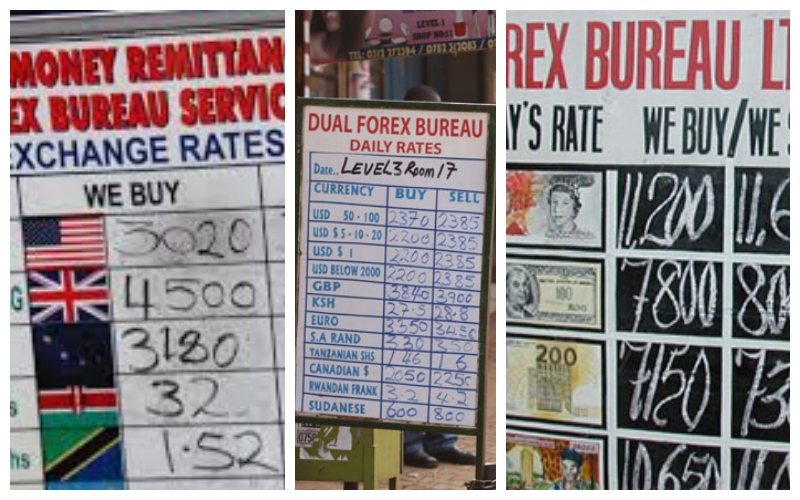
Ghana heads to the polls on December 7 to elect a president and members of parliament for a four year term. The various political parties are canvassing for votes in the various constituencies across the country. Messages of job creation, stable macro-economic conditions, peace and security, improved infrastructural development, ease of doing business, among other socio-political issues are being preached by these parties to entice voters to give them the nod to form the next government. In the midst of the election rhetoric is one great concern about election year budget deficit. Many analyst worry as the impending election gets closer, there’s a political uncertainty, and it’s usually around this time that spending pressures on the part of government emerge.
Ghana’s public debt eased to 63 per cent of GDP in May this year from 72 per cent at the end of 2015, while consumer inflation dropped to 16.7 per cent in July from 19 per cent in January. The country is implementing a three-year aid programme with the International Monetary Fund (IMF) in an attempt to restore macro-economic balance in the face of problems including inflation running persistently above government targets. “Expenditures are within the IMF programme targets …. We are estimating growth between 7.0 and 7.4 per cent, which is still robust,” Mr. Seth Tekper said at the Graphic Business-Stanbic Bank Breakfast Meeting, without giving a reason for the cut to forecasts. The Finance Minister among other experts from academia and the business community are expected to show how the country is striving to curb election year over-spending and the implications for macroeconomic stability.
Expenditure by government, particularly on civil and public service wages, skyrocketed in the previous election year of 2012, this pushed budget deficit to two times what government had targeted, a move which has now spearheaded a fiscal crisis. Already there are doubts by some analysts that government will keep to the promise of spending within budgeted targets, although government has repeatedly assured the general populace and development partners of spending within budget. The International Monetary Fund’s watchdog role in the extended credit facility arrangement is giving some respite in the case of this year’s elections and the budget over-runs.
There is also an improvement in the country’s external position, including a narrowing of the current account deficit and an improvement in international reserves.
The fiscal deficit may improve to 3.6 per cent of GDP in 2017, 3 per cent in 2018 and 2.3 per cent in 2019, the finance ministry said.
The nation forecasts total income of 56.7 billion cedis ($14.4 billion) in 2016, 60.1 billion cedis in 2018 and 67.3 billion cedis in 2019
Professor Felix Asante, Director of the Institute of Statistical, Social and Economic Research (ISSER) of the University of Ghana, observes that, the execution of development projects during election years by successive governments has been identified as the major cause of the budget overruns or deficits that the country has experienced over the years. An analysis of the country’s budget deficit trends since 1996 showed that the majority of such deficits were recorded in election years.
“It usually takes the next three years after every election period to adjust deficits only to relapse to its status quo the next election period”, the ISSER boss said.
Governments must be resolute in its decision not to overspend; the passage of the Public Financial Management Bill (2016) would help to provide some relief to managers of the public purse in future.
Curbing the trend
Prof. Asante advised, “government must remain firm in its commitments and must not get carried away by the pressure to spend”. Spending on developmental projects must be spread over the four year period every government legitimately has to undertake such programs and must not be dumped on the last year of its reign. “The electorate must move away from punishing the government with the inauguration of projects in election years. This attitude of only seeing development in election years is what this country must move away from,” he advised, adding that rather, development must be viewed as a continuum. This is why Ghana needs a development plan to guide governments in executing the country’s development agenda. It can be a five-ten-20 year development plan with set targets for short-medium to long-term development agenda.
Controlling expenditure in the last quarter will send good signals to the investment community and translate to increased investment and economic activity after elections. The uncertainty will give way to confidence in the local economy to boost investments by foreign direct investment and locals.
Passage of the Public Financial Management Bill (2016) would help to provide some relief to managers of the public purse in future. In this regard they will be guided by law to remain disciplined in the disbursement of state funds.
Author: Paa Swanzy-Essuman || p.swanzy@ghanatalksbusiness.com









